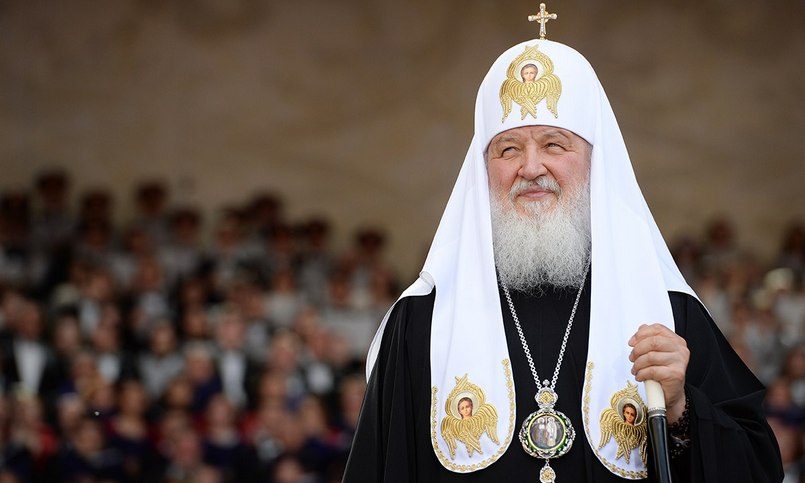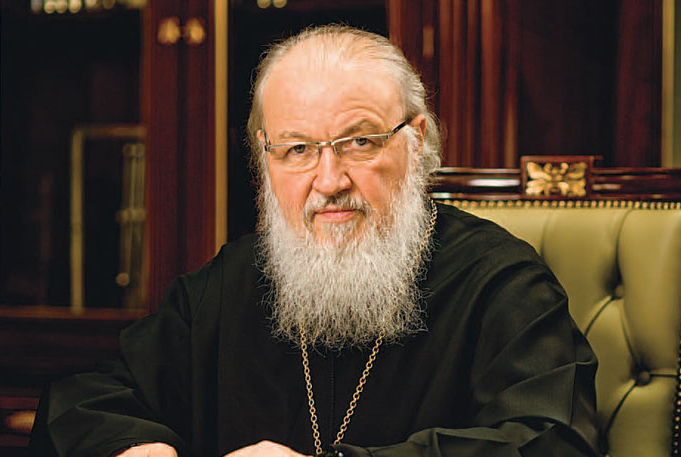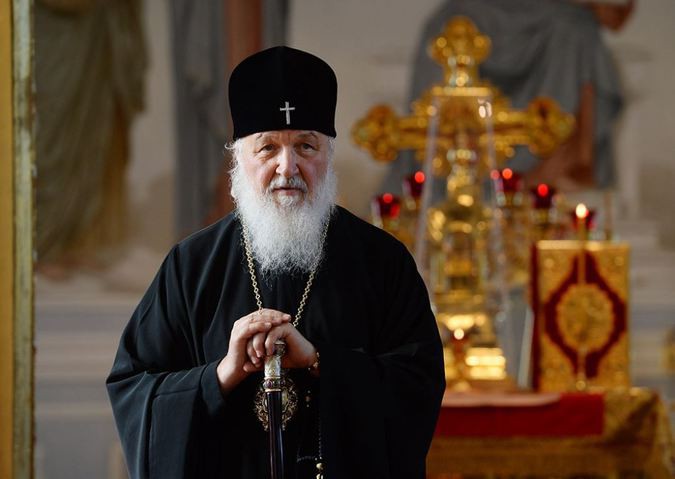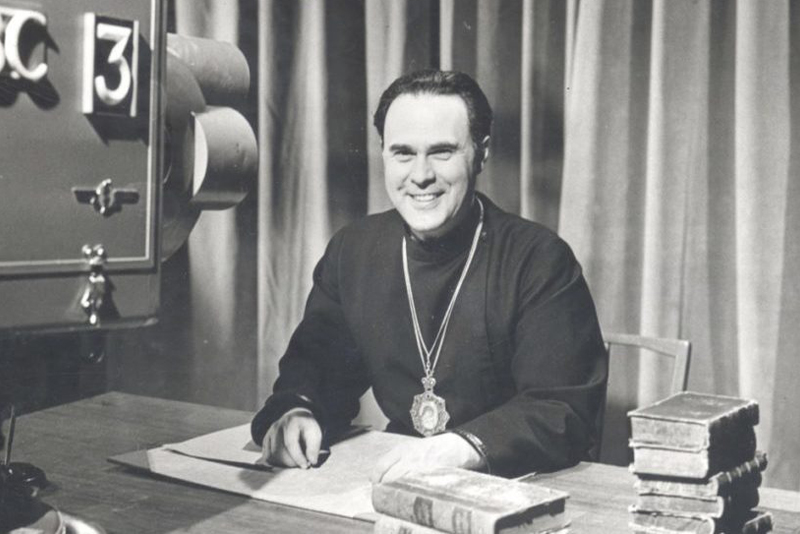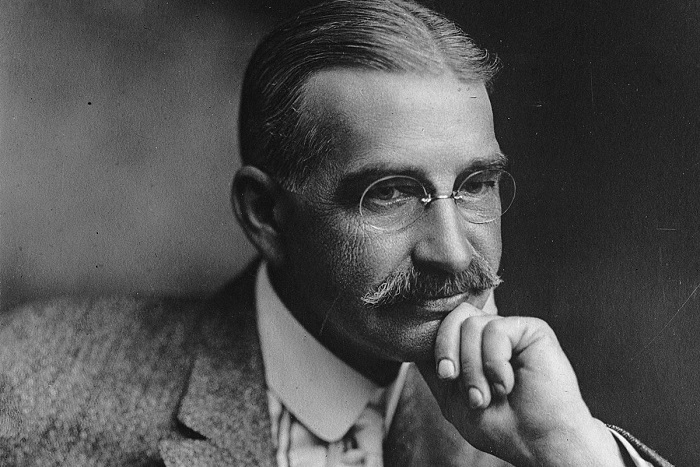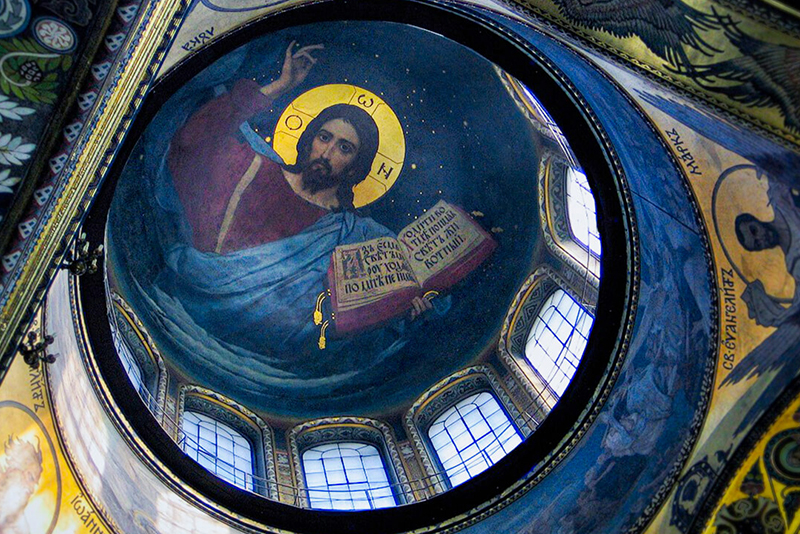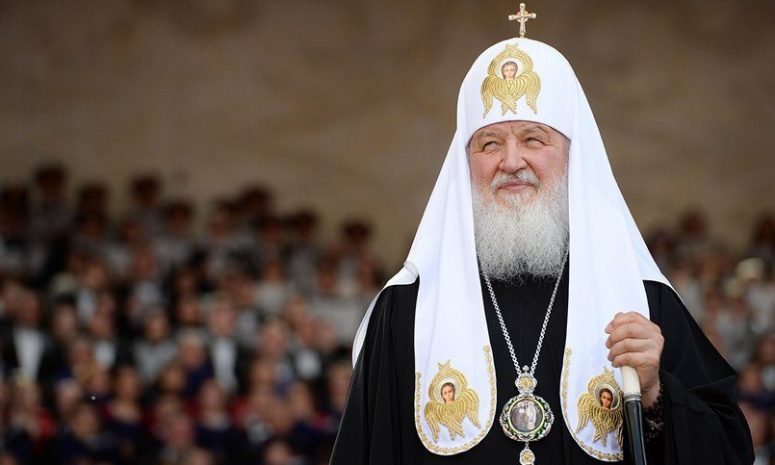
It was the 10th anniversary of the enthronement of Patriarch Kirill on February 1. What does His Holiness say about love, prayer, and faith? The editorial board of FOMA Magazine compiled a short digest of the Patriarch’s opinions on the most essential aspects of human life.
Forgiveness
I’d recommend everyone to write this short phrase “Forgive to Be Forgiven” in big letters and hang it in your room so as to see it every day. Saint Ephraim the Syrian says, “If you don’t forgive, quit praying and fasting.” Forgo them because they are useless, they won’t do you any good. Why? Even demons are cast away by fast and prayer (See Matthew 17:21) but Ephraim the Syrian says that you should abandon them because they will be in vain and you won’t accomplish anything. Even if you bang your forehead against the floor praying round the clock, the Kingdom of Heaven will be locked for you.
St. John Chrysostom adds, “If someone owes you a lot or has hurt you too much, hurry to forgive him because the more you forgive, the more you shall be forgiven.” Apparently, forgiveness is some kind of a mechanism that purifies our sins. The more we forgive, the more we will be forgiven. All the rigmarole, all our daily routines, all our sins big and small – everything is washed away and erased from the Book of Life, and we will not be judged if we forgive. Imagine what will happen if you add fast and prayer to it!
Sermon after the Liturgy in the Cathedral Square of St. Nicholas Peshnoshky Monastery on August 24, 2014.
Prayer
Every believer prays. It is problematic for us to measure our prayer and to see to what extent it pleases God and whether it reaches God’s Throne or not. There are certain moments in our lives – and I believe most believers have them – when something happens and it becomes clear that a specific prayer is distinct from what preceded it. We feel endowed with unique powers. It doesn’t depend on smart words – in fact, God doesn’t need our smart words – rather, it depends on the voice of our hearts in that prayer, a voice of sorrow or joy. That is the heartfelt prayer that flows out of our hearts rather than our minds. It can be treated as a state of our soul, and this is the kind of prayer that makes the connection between us and God. The Lord can hear that prayer. <…>
Every so often, it seems to us that church services are too long, too wearisome; there’s too much read and sung. We should comfort ourselves by thinking that even though our brains don’t understand everything and our memory doesn’t retain much, and we cannot focus our attention on everything that goes on in church, the very fact of our prayerful effort, of our standing before the Lord, is extremely valuable.
Sermon on the Thursday of the First Week of the Great Lent, February 26, 2015.
Ministry
We know that the Three Wise Men who came to honor Christ brought him their gifts. What is the gift that we can bring to our Divine Teacher? The gift He has been asking of us: My son, give me thine heart, and let thine eyes observe my ways (Proverbs 23:26). What does it mean to give our hearts to the Lord? The heart is a symbol of life. When it stops beating, the person dies. Giving your heart to God means devoting all your life to him. This devotion does not imply that we have to give up everything that we have. We are called to remove from our hearts everything, which impedes God’s presence inside them. When all we ever think of is our own selves, when there is no place for our neighbors in our hearts, the Lord has no place in them, either. The presence of our neighbor in our hearts depends first of all on our ability to empathize with the other person’s pain and respond to it by acts of charity.
Christmas Epistle to Bishops, Priests, Deacons, Monastics, and all Faithful Children of the Russian Orthodox Church. January 6, 2018.
Love of Neighbor
The following words of St. John Chrysostom are truly remarkable, “How dare you expect God to give you what you’re asking for if you haven’t given anything to your neighbor?” Indeed, how can we pray to God saying, “Lord help me”? Whenever we ask God for help, let us recall if anyone asked us to help him or her – if we were asked to intercede on someone’s behalf, to help by word or by deed or by some amount of money, albeit insignificant? So when we emphatically beg God to help us, let us recall if we helped anyone? If we didn’t, we have to stop praying because that prayer won’t reach God’s Throne. We have to go and do good either to those whom we used to reject or maybe those whom we shall encounter on our life path. If we are able to claim, “Lord help me for I follow Thy commandment and help other people to the best of my abilities, even though I’m a weak man,” the Lord will hearken to our prayer.
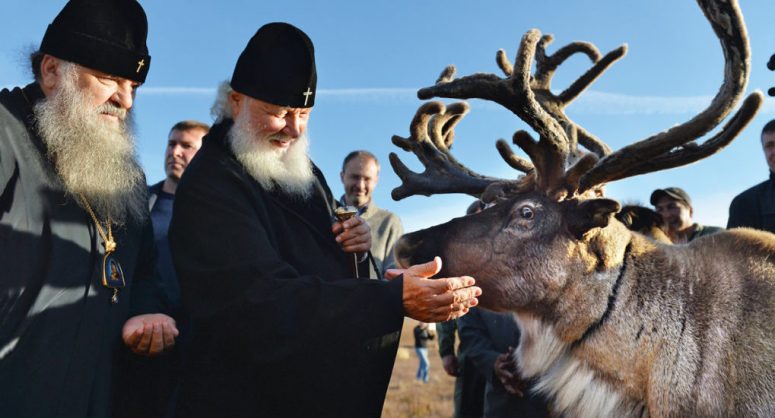
All things are intertwined – the spiritual and the material, the prayer and the daily life, God’s Word with its noble commandments and our real-life blessings and tragedies. When we interpret that interconnectedness through the lens of our spiritual experience, our eyes are opened and we achieve vision and understanding of the meaning of human existence. We become capable of building our lives in accordance with the principal law of human happiness, i.e., the law of love, which God conceived of as the basis of human relationships.
Sermon after the Consecration of the Church in honor of the Descent of the Holy Spirit in v. Pervomayskoye in Troitsky Administrative District, Moscow, November 24, 2013.
Translated by The Catalog of Good Deeds

